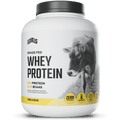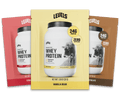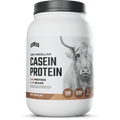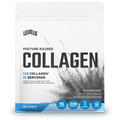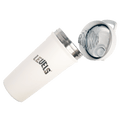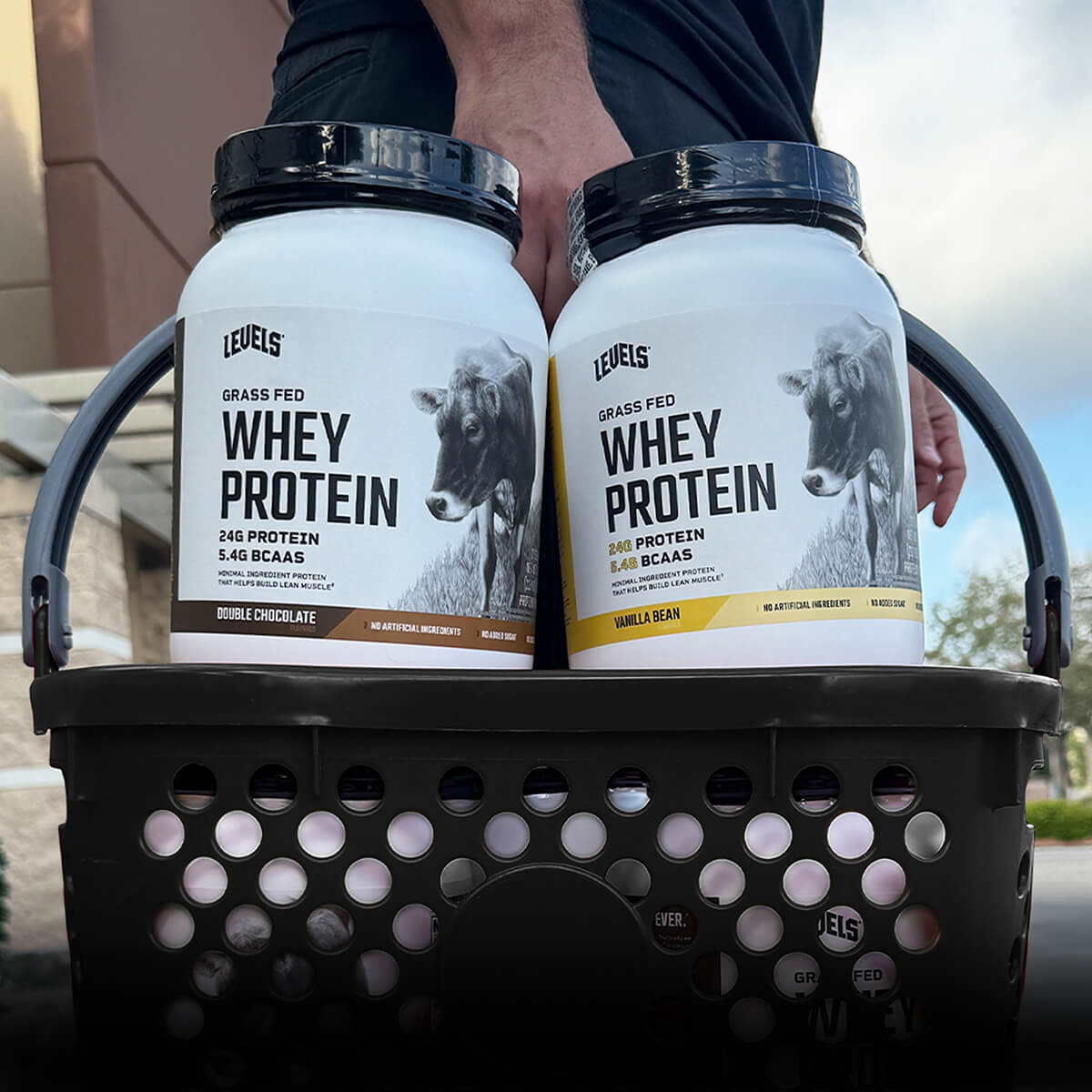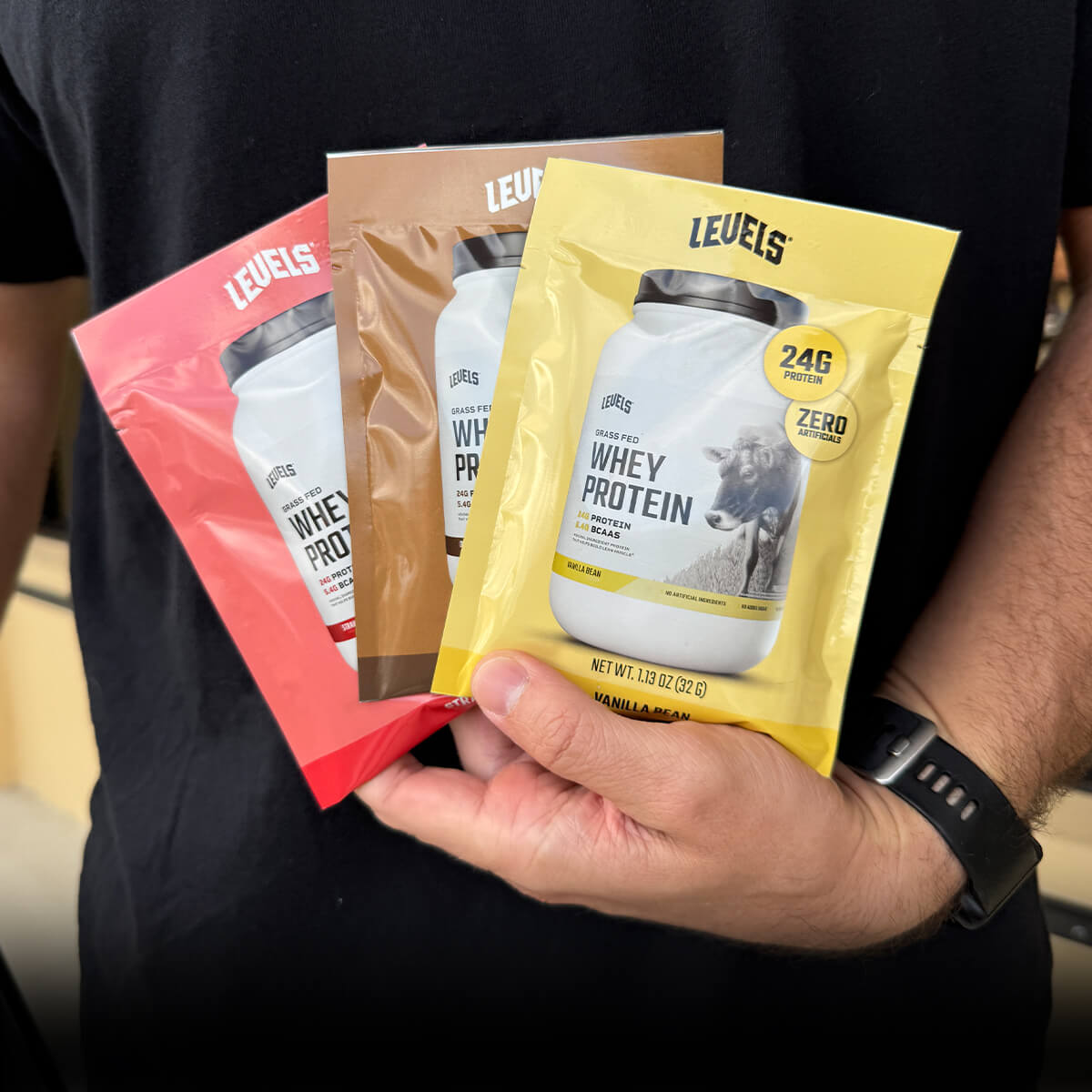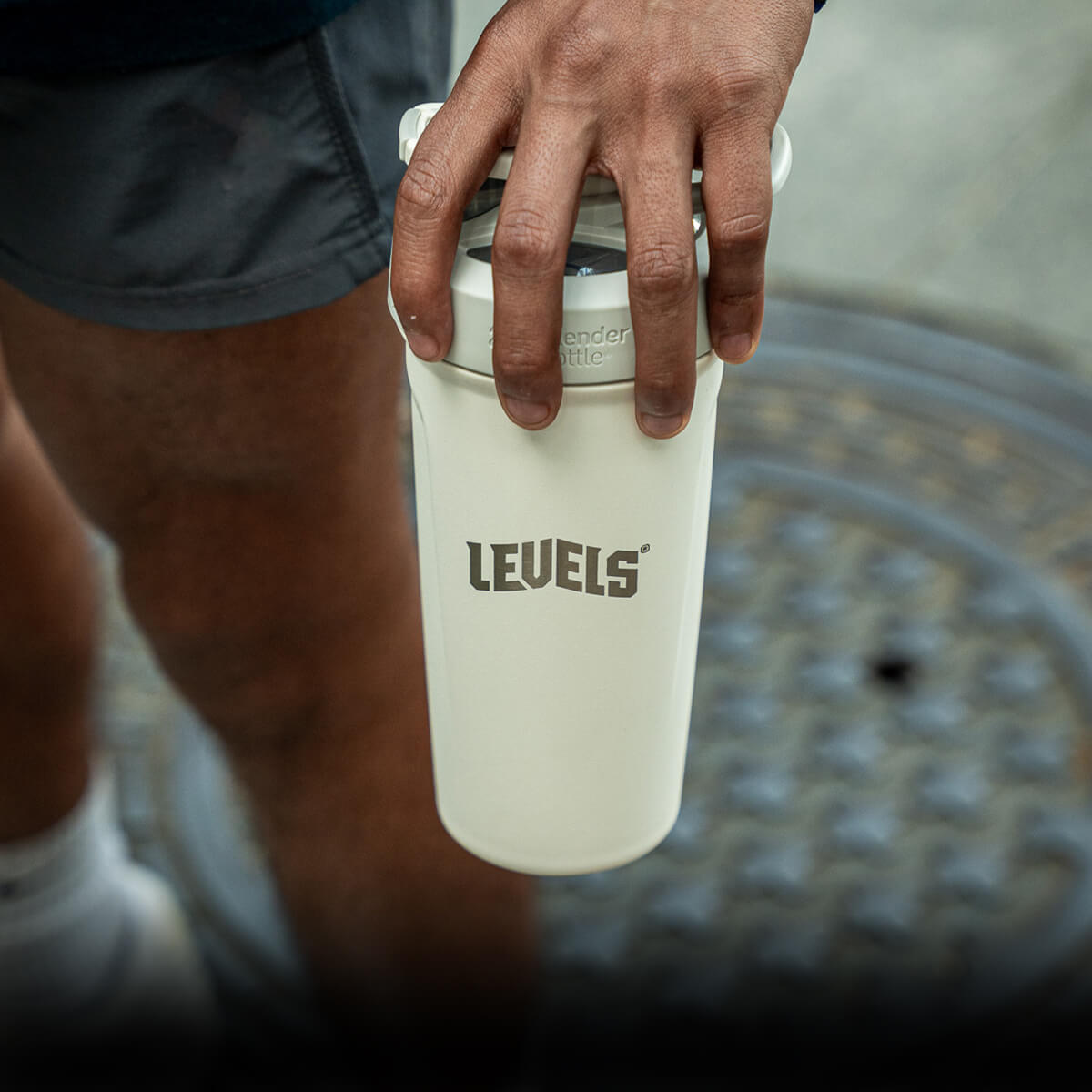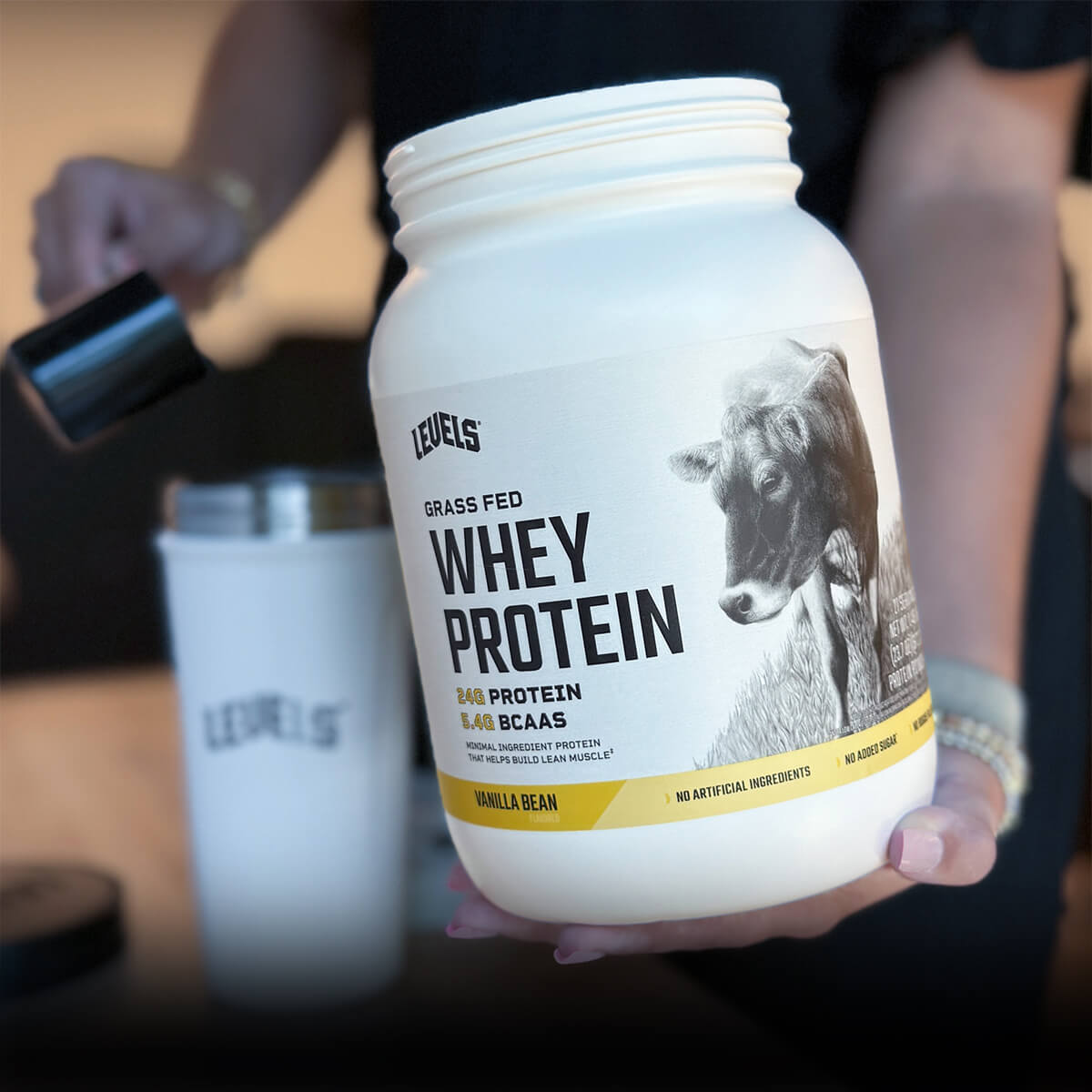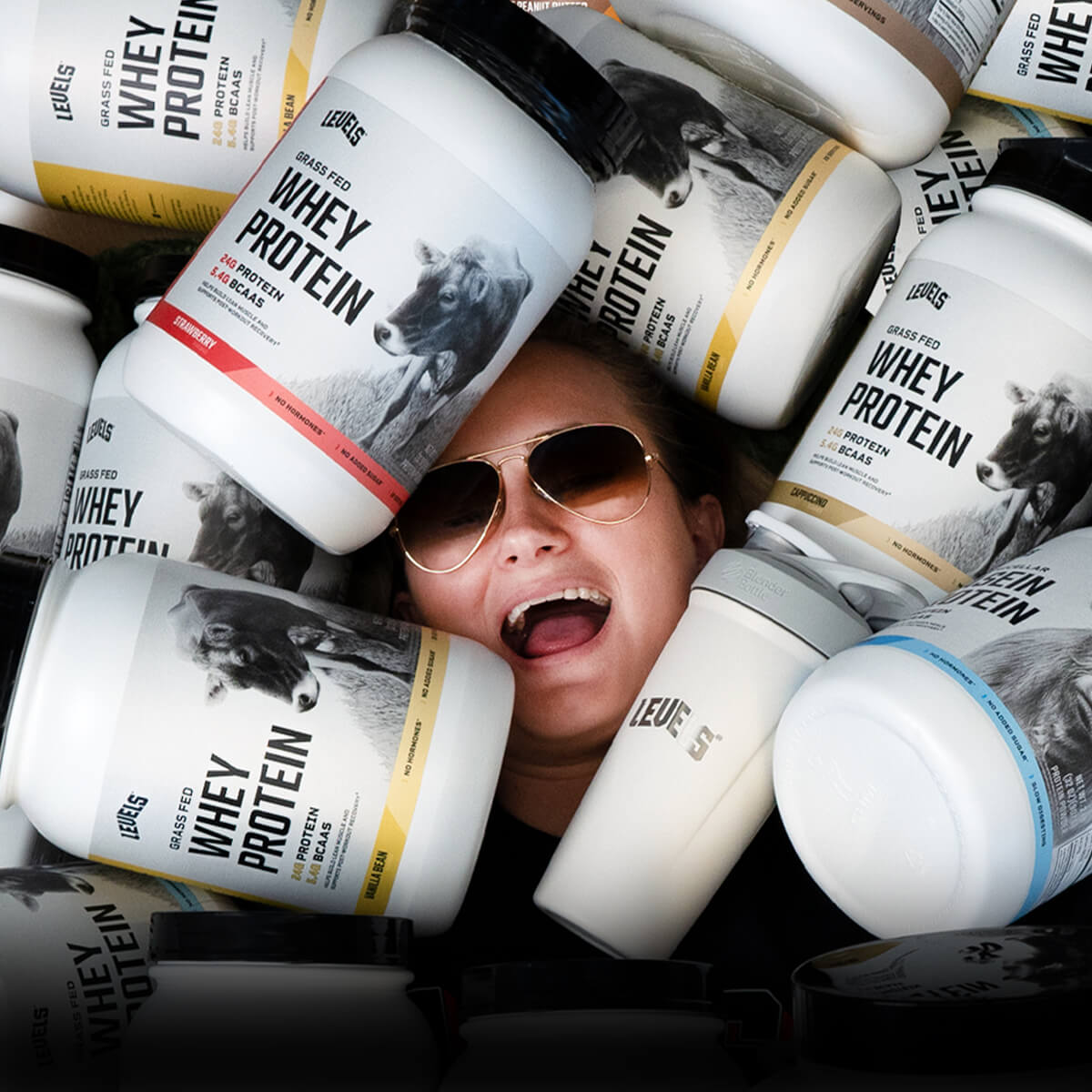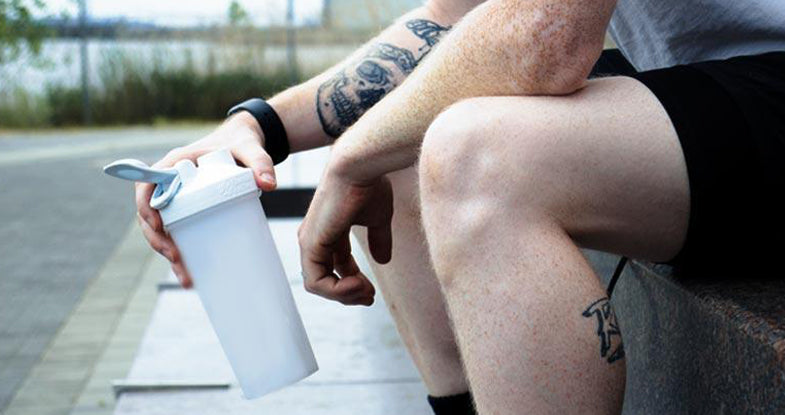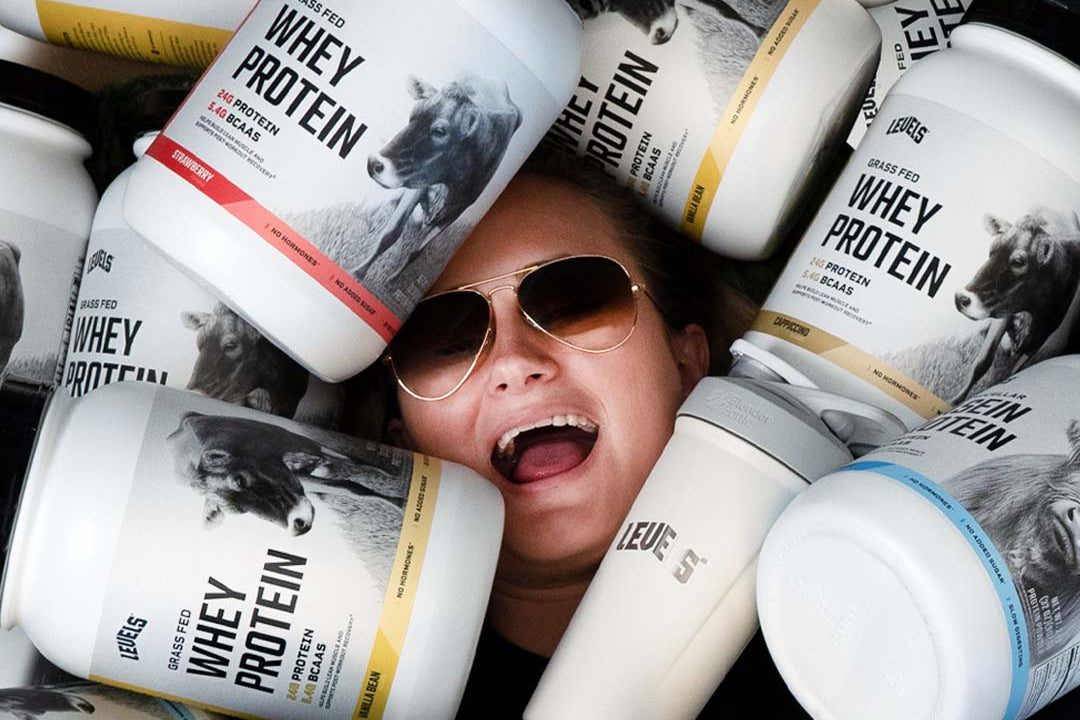Rest days or “off” days are days when you’re not training hard — in other words, you can think of them as recovery days.
And as you may know, nutrition is a huge part of your exercise recovery strategy.
So, where do protein shakes fit into the recovery equation?
It’s common knowledge that around training is the most critical window to drink whey protein shakes for recovery, but there are plenty of reasons to consider protein supplements on non-workout days, too.
In this article, you’ll learn who should drink protein shakes on rest days and 8 scientifically proven ways protein shakes can benefit you during recovery periods.
As a bonus, we’ll also discuss how to dial in your diet on non-workout days for better fat loss, hypertrophy, or athletic performance.
Who Should Drink Protein Shakes on Rest Days?
Athletes, bodybuilders, and ordinary people who want to lose fat or build muscle should all consider protein shakes on non-workout days.
In fact, anyone who exercises regularly likely requires a higher daily protein intake than sedentary people who don’t work out. According to some research, active people need twice as much protein[*]!

So if you train for sports, lift weights, or perform any form of intense exercise, including HIIT, protein shakes can assist your recovery and enhance your results.
What about sedentary people? People who don’t exercise at all can still benefit from consuming about 25-30% of their daily calories from protein. Technically every day is a rest day if you’re sedentary, but we recommend you find a form of exercise you enjoy and stick with it for the proven health benefits.
If you’re an active person, though, aside from secondary considerations like your food budget or personal preference, there’s no reason not to drink protein shakes on “off” days. And even so, whey protein is a highly cost-effective, convenient, high-quality protein source.
A rest day shake may not be vital in the same way as a post-workout recovery shake, but there are still plenty of good reasons to include extra protein on your non-workout days.
8 Scientific Reasons to Drink Protein Shakes on Non-Workout Days
- Whey protein may speed up exercise recovery[*]
- Protein shakes may reduce soreness from physical activity[*]
- It’s a convenient way to get adequate protein (and regular physical activity can double your protein requirements)[*]
- A protein shake before bed can enhance muscle-building
- Eating extra protein speeds up your metabolism and helps you burn more calories[*]
- When you fill up with whey protein, you’re less likely to overeat[*][*]
- During fat loss, high protein intake helps prevent loss of lean muscle mass[*]
- Eating enough protein helps you age gracefully and stay fit for life[*]
Essentially, no matter who you are, you’ve got plenty of good reasons to consider upping your recovery day protein intake using whey shakes or hydrolyzed collagen.
But keep in mind that protein shakes on non-workout days are only one important part of your rest day nutrition equation.
Keep reading to learn more about the big picture for recovery day nutrition.
How to Dial In Your Rest Day Diet
You make progress during recovery, not when you’re at the gym. (That’s why you shouldn’t work out every day.)
However, the optimal approach to rest day nutrition depends on your goals.

First of all, if your primary goal is fat loss, you’ll need to eat fewer calories on non-workout days than days you train. Why? Because you must achieve a caloric deficit to lose weight.
For rest days during fat loss, consume adequate protein, fewer carbs (or no carbs if you’re on the keto diet or cyclical keto diet), and moderate amounts of fat. In this context, protein shakes help speed up recovery, keep you full, and boost your metabolism.
You can also consider fasting and light fasted cardio on non-workout days to enhance your weight loss results.
On the other hand, if your goal is to build muscle, you’ll want to eat plenty of calories and protein on recovery days to support muscle protein synthesis. Your other macros (carbs and fat) depend on what diet you follow.
To learn the best ways to build muscle without gaining excess body fat, read The Clean Bulking Diet: 13 Training Tips to Gain Muscle, Not Fat.
Lastly, if you mainly want to improve your fitness and athletic performance — whether that’s strength, endurance, or something in between — your rest day nutrition serves one purpose. That purpose is to help you recover and achieve better athletic performance in future workouts.

As a result, recovery day nutrition for fitness is pretty simple. You want to consume plenty of healthy, whole foods and high-quality protein sources to meet your recovery requirements.
If you train and practice hard (or twice a day), though, you should also consider strategies like refeed days to ensure you get adequate nutrition.
The Bottom Line
Whether you want to build muscle or simply get more fit, recovery days are when the real magic happens.
And whey or casein protein shakes can help support your goals on rest days by enhancing recovery, reducing soreness, boosting muscle-building, increasing your metabolism, and more.
Everyone who exercises should at least consider off-day protein shakes. They’re a convenient, cost-effective way to get enough protein, with no downsides.
And if you’re still hungry for more protein tips, we’ve got you covered.
- Check out Protein Absorption: Everything You Need to Know for science-backed details on much protein your body can absorb per day and other practical takeaways.
- Additionally, Drinking a Protein Shake Before Bed: Pros & Cons is a great resource to help understand what happens to your body when you drink a protein shake before sleeping.
- Lastly, for a deeper understanding of when to time your protein shake, don’t miss Protein Shake Before or After a Workout? What Science Says.
